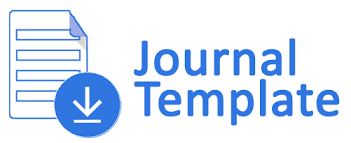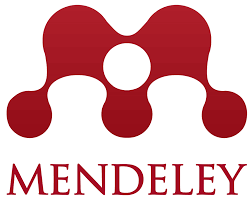PENERAPAN METODE UMMI DALAM PEMBELAJARAN MEMBACA AL-QURAN DI RA AL-KHUSYU’TUGUREJO WATES BLITAR-MALANG
DOI:
https://doi.org/10.35897/juraliansipiaud.v1i2.363Keywords:
Metode, Ummi, Pembelajaran, Membaca, Al-Qur’anAbstract
The level of difficulty reading the Al-Qur'an will affect aspects of early childhood development by determining the learning method that is the ummi method. The purpose of this research is to describe the process of applying the ummi method and the supporting and inhibiting factors of applying the ummi method through learning to read the Qur'an based on the level of difficulty. Leather research methods to reveal descriptive data. Data collection techniques such as interviews, observation, and documents. The results of the study revealed that first, determining the standard of achievement of the ummi method in accordance with the stage of his age, forming groups based on children's abilities, and preparing the concept of learning to read the Qur'an through volumes of textbooks. Second, the supporting and inhibiting factors emphasize the role of educators and parents in collaborating to develop learning innovations and managing the time to learn to read the Qur'an early childhood. This study concluded that reading the Qur'an is very important to apply to children from an early age as the basis for understanding the pronunciation in accordance with makhroj, tajwid, and tartil.
Downloads
References
Al-Qaradhawi, Y. (2000). Bagaimana Berinteraksi Dengan Al-Qur’an. Jakarta: Pustaka Al Kaustar.
Bogdan dan Biklen (2014). Metodologi Penelitian Kualitatif. Yogyakarta: Ar-Ruaz Media.
Hanurawan, F. (2016). Metode Penelitian Kualitatif Untuk Ilmu Psikologi. Jakarta: PT. Raja Grafindo Persada.
Hasunah,U & Jannah. A.R. (2017). Implementasi Metode Ummi Dalam Pembelajaran Al-Quran pada Santri di Pondok Pesantren Salafiyah Al-Mahfudz Seblak Jombang. Universitas Pesantren Tinggi Darul Ulum Jombang. Jurnal Pendidikan Islam, Vol 1, No 2, pp 160-172. Diakses 28 Desember 2019, (online) https://core.ac.uk/download/pdf/268133625 .pdf
Hernawan, D. (2018). Penerapan Metode Ummi Dalam Pembelajaran Al-Qur’an. Sekolah Dasar Unggulan Daar El-Dzikir Soronangean Bulu Sukoharjo. Profetika : Jurnal Studi Islam, Vol. 19, No.1, pp 27 – 35. Diakses 28 Desember 2019. (Online) https://journals. ums.ac.id/index.php/profetika/article/view/7751/4445.
Majid, A. (2012). Belajar dan Pembelajaran Pendidikan Agama Islam. Bandung : PT Remaja Rosdakarya.
Nugraha, A dan Ratnawati, N (2003). Kiat-Kiat Merangsang Kecerdasa Anak (Panduan Agar Anak Komunikatif dan Berfikir Kreatif) . Jakarta: Puspa Swara.
Novita, O., Zulhaini, Z., & Mailani, I. (2020). Efektivitas Penerapan Metode Ummi Terhadap Hasil Belajar Peserta Didik Pada Mata Pelajaran Al-Qur’an Di SD Islam Aqzia Teluk Kuantan. JOM FTK UNIKS (Jurnal Online Maha FTK UNIKS), 1(1), 212-226. (online) https://ejournal.uniks.ac.id/index.php/JOM/article/view/602.
Ramayulius (2006). Ilmu Pendidikan Islam. Jakarta: Kalam Mulia.






